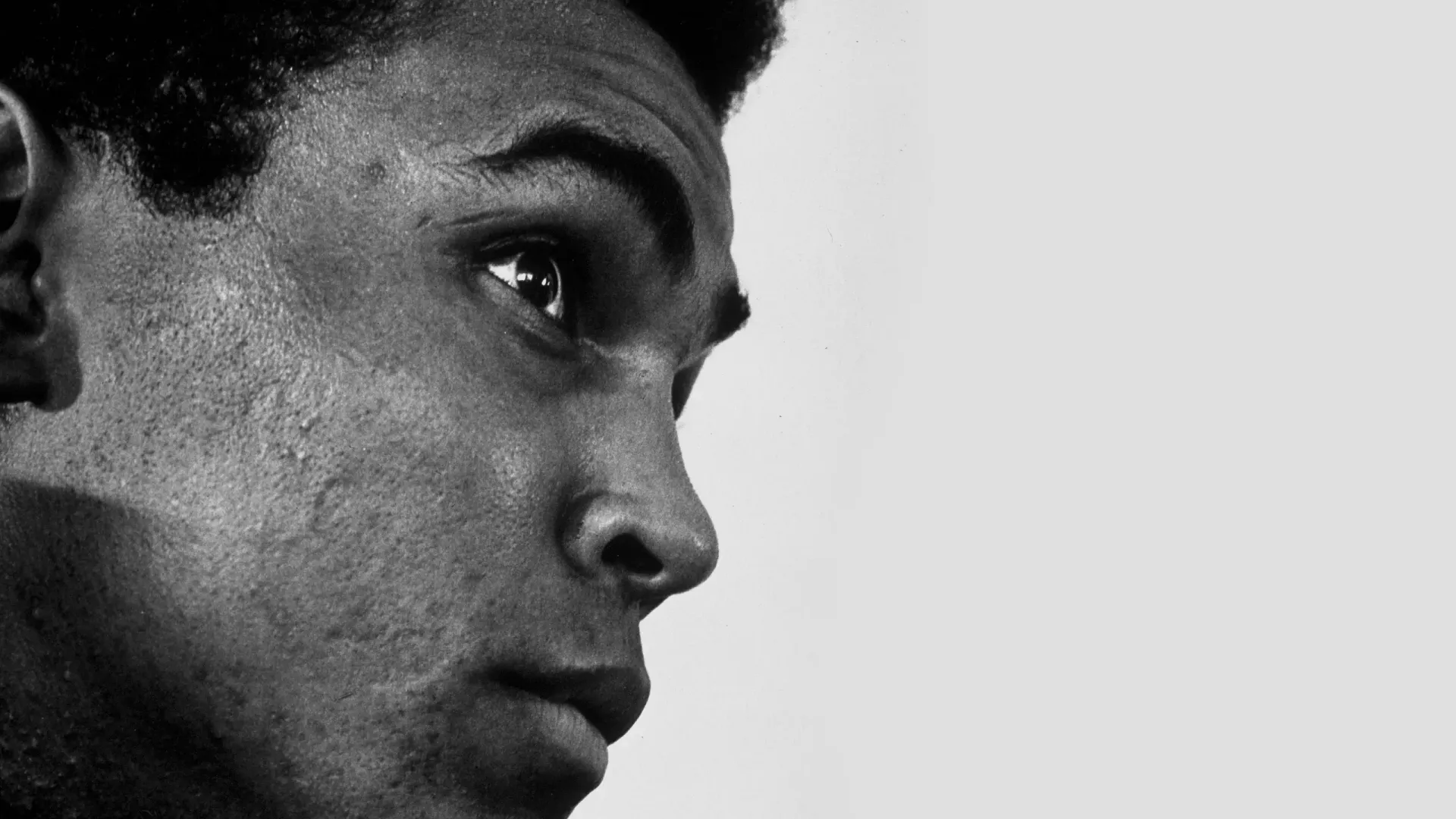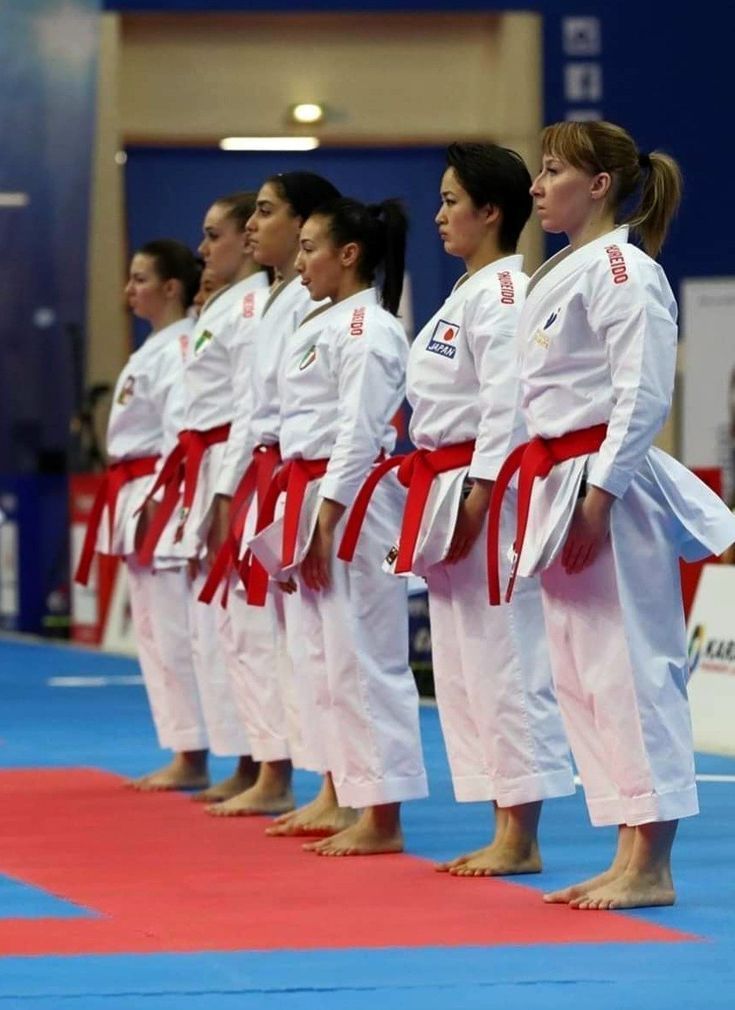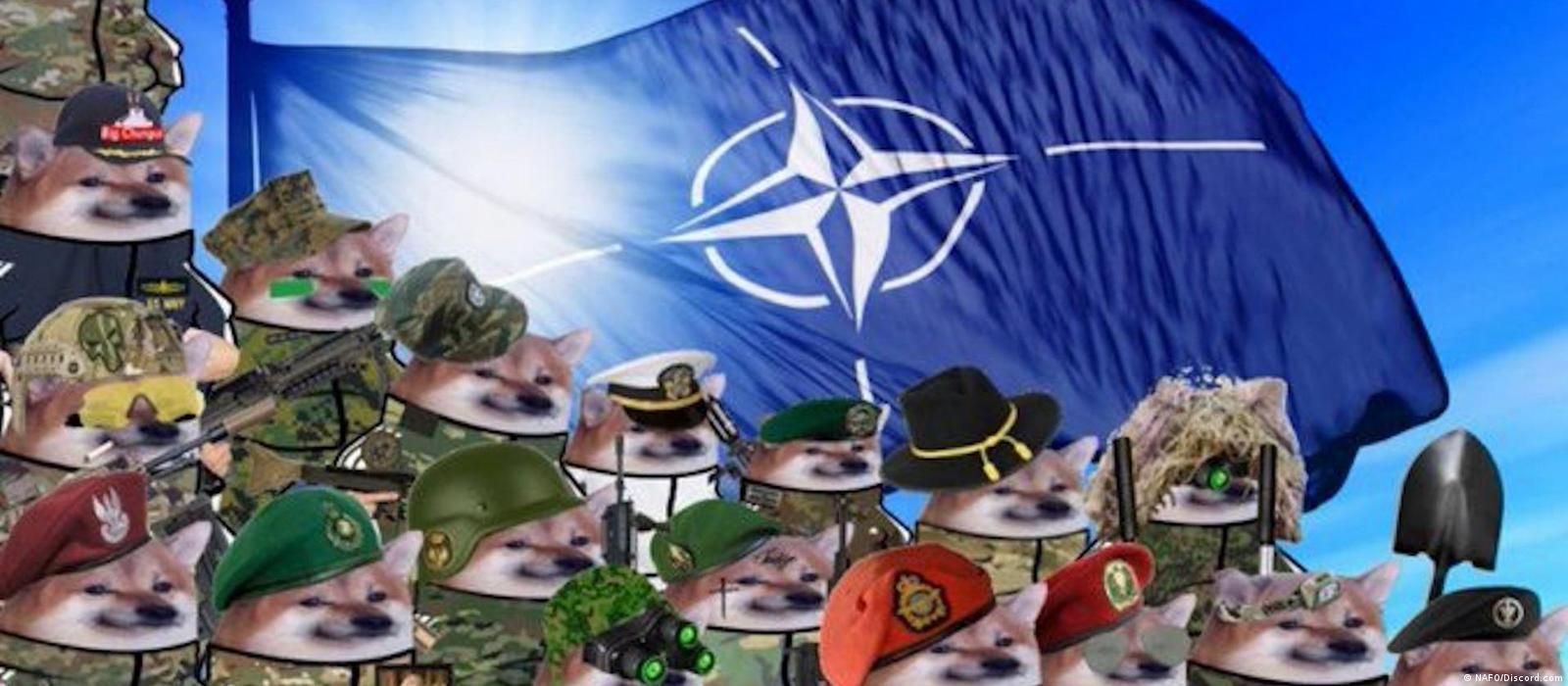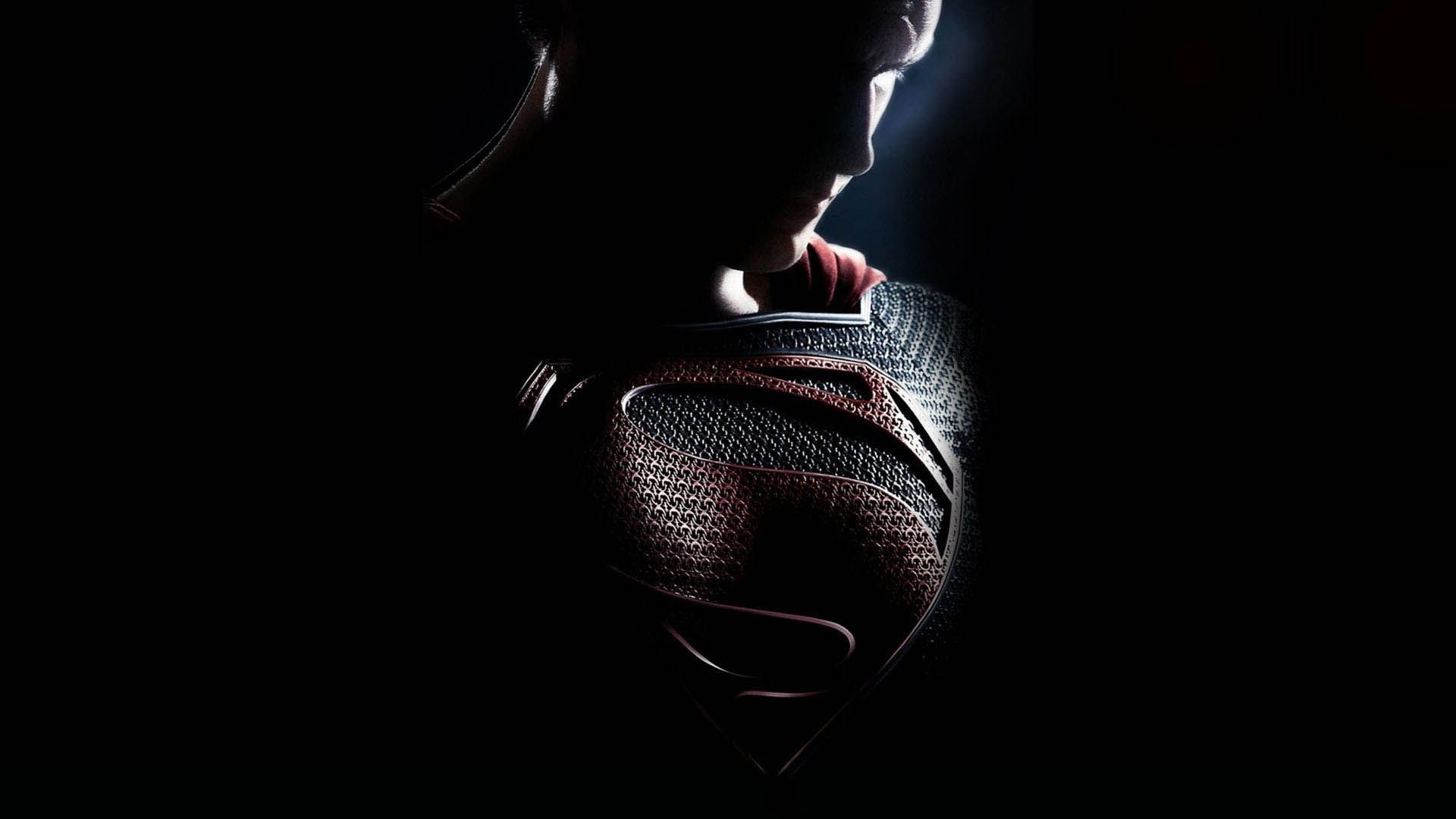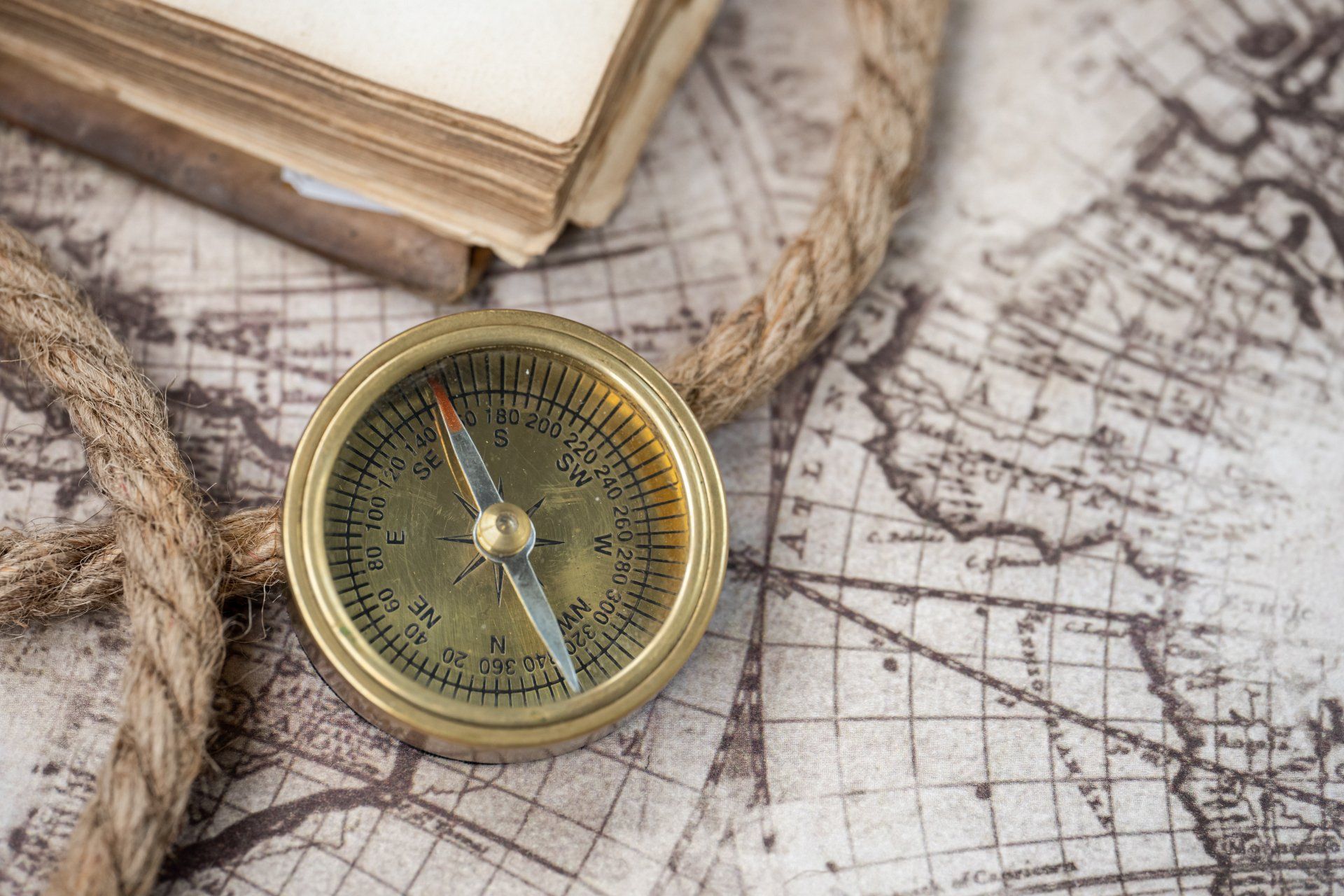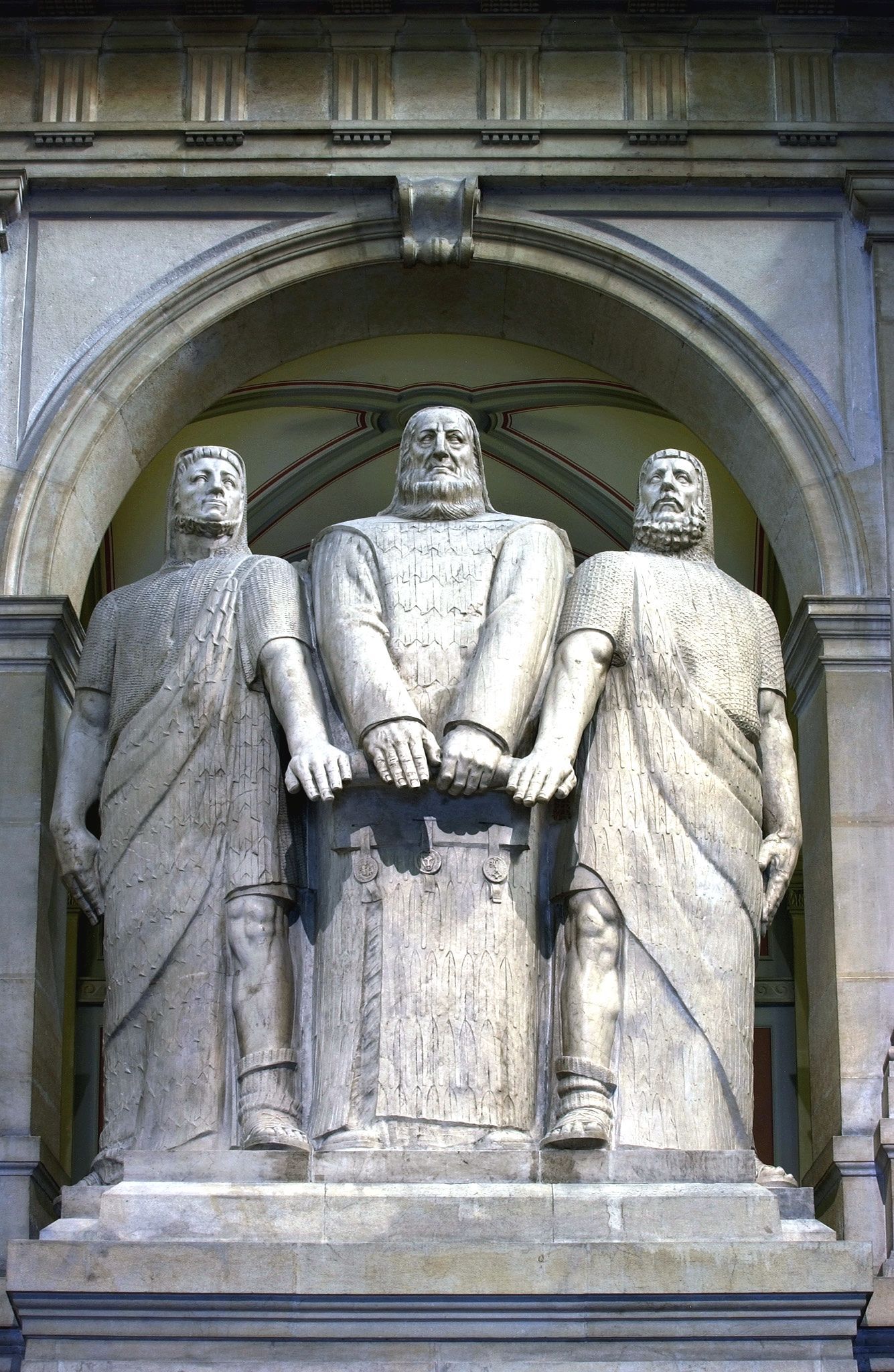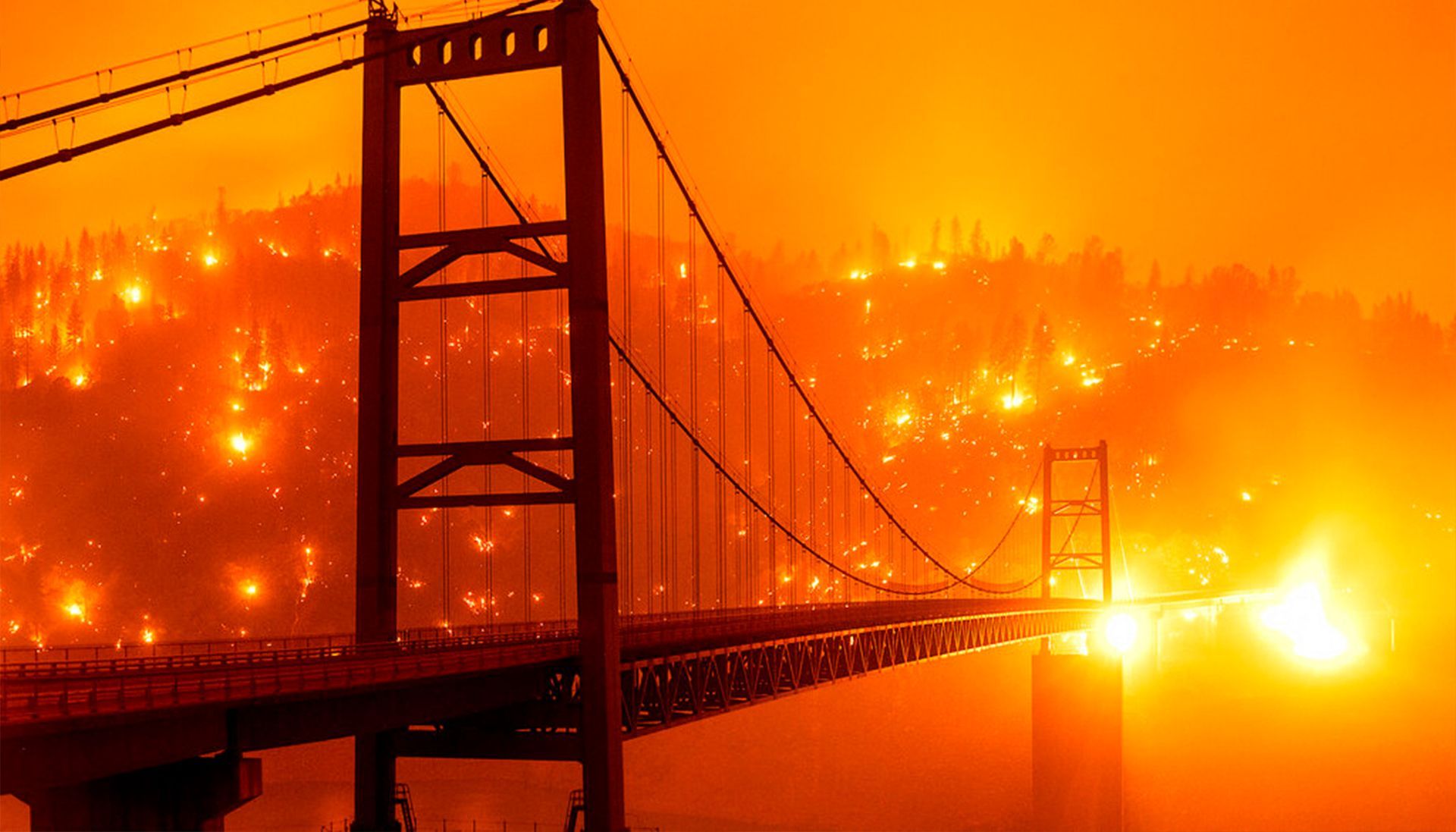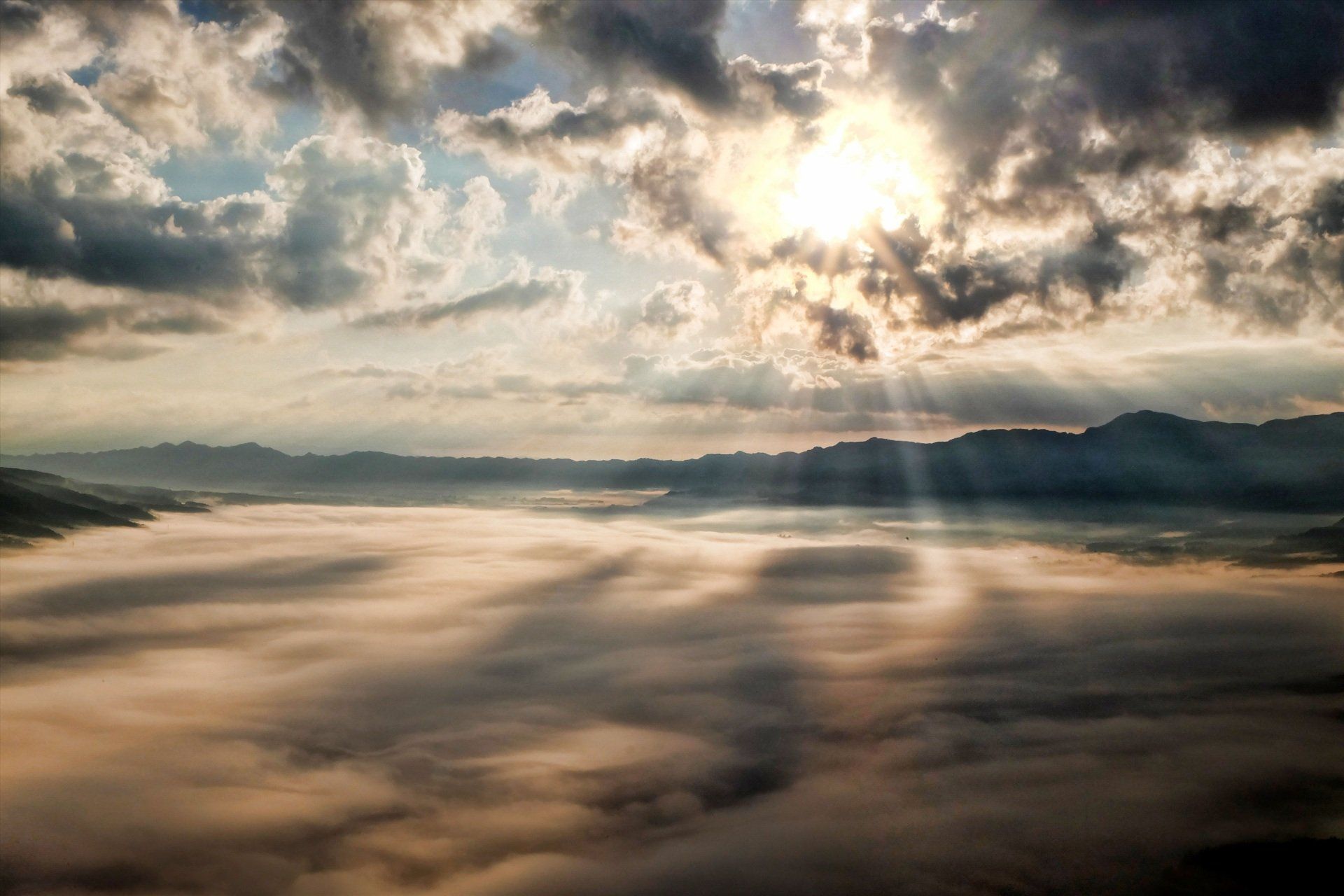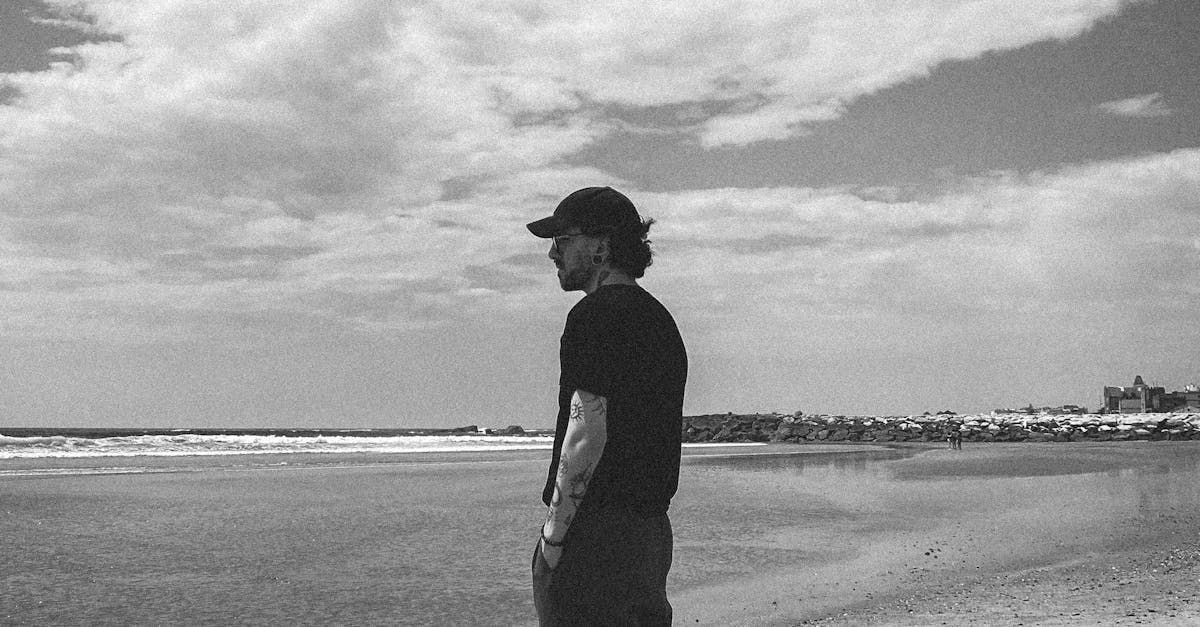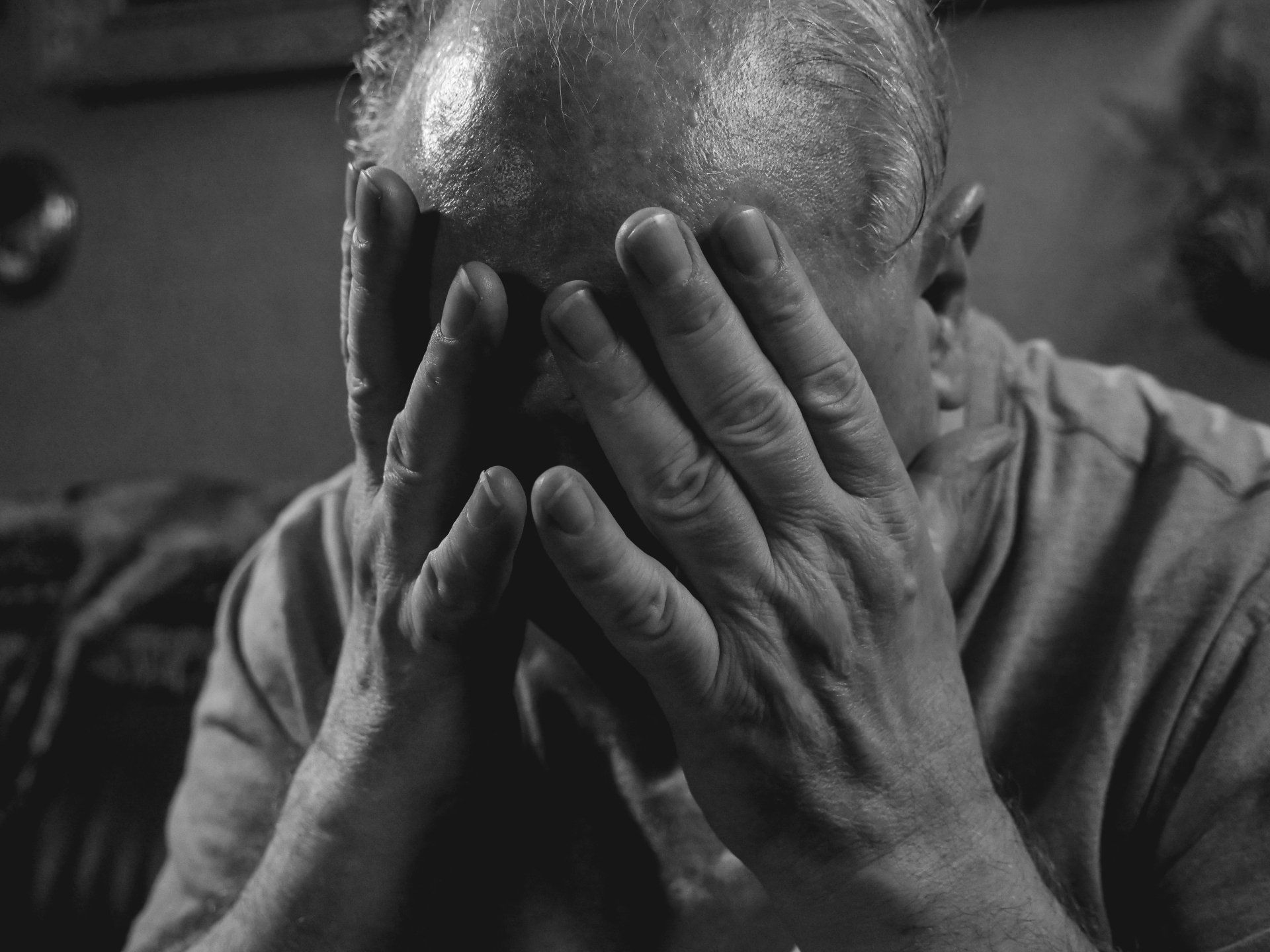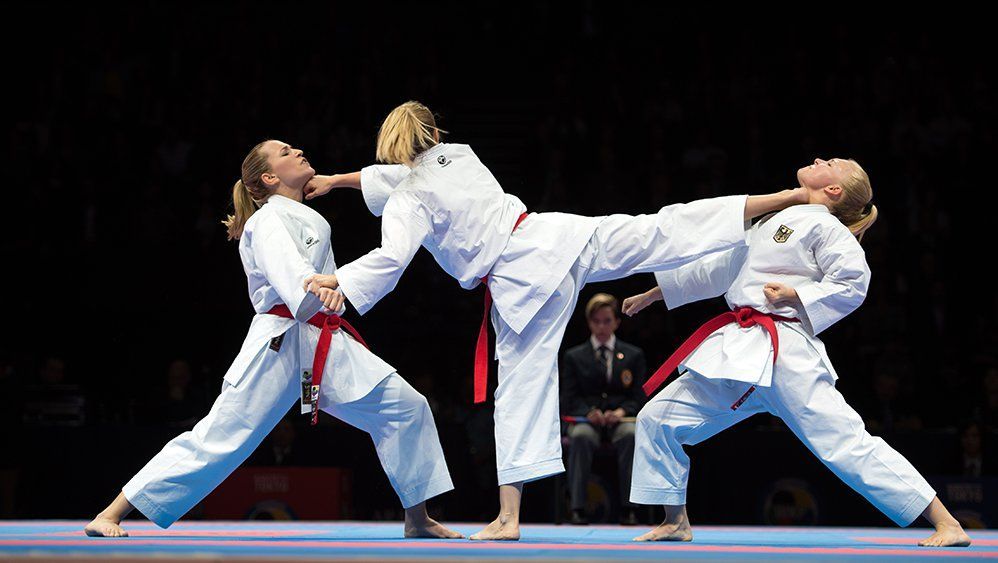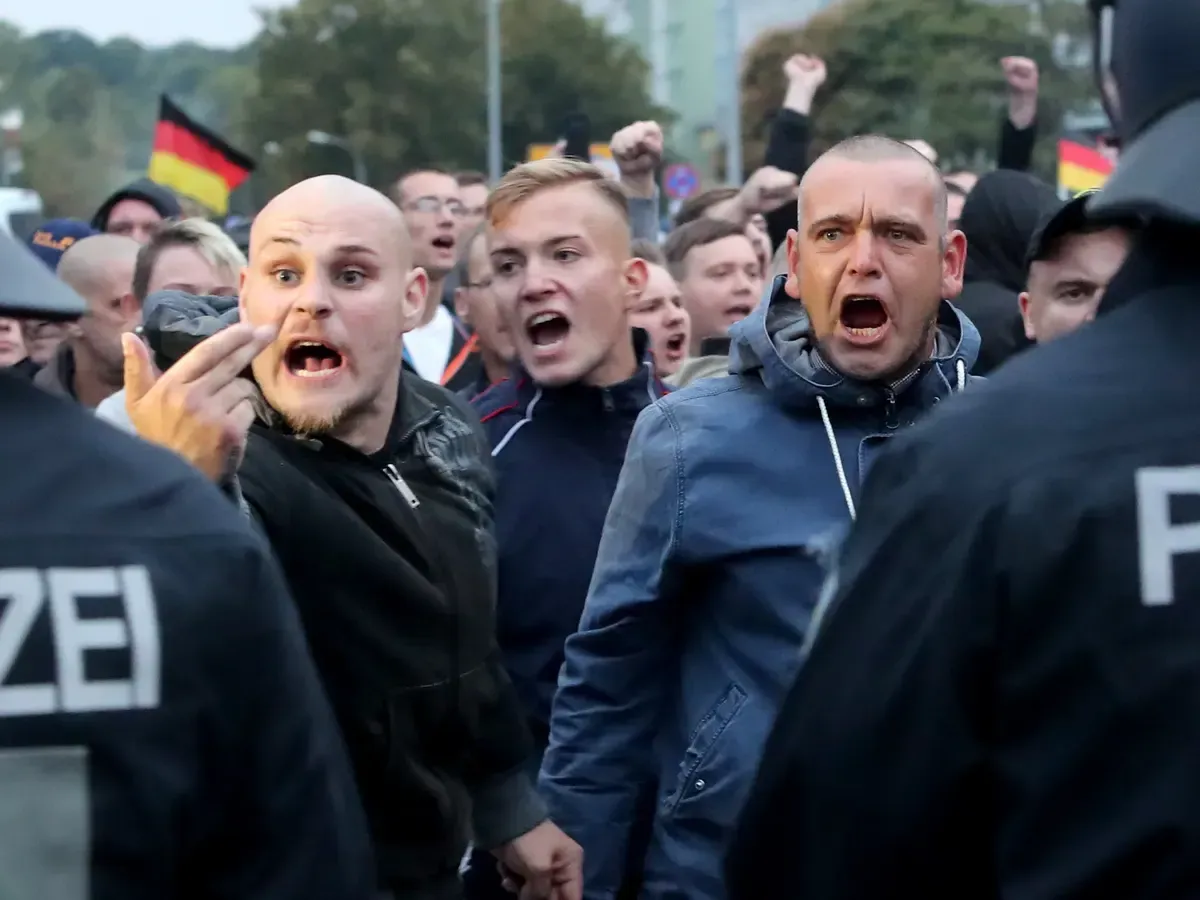Dignity, Justice, and the Architecture of Human Worth
Dignity, Justice, and the Architecture of Human Worth
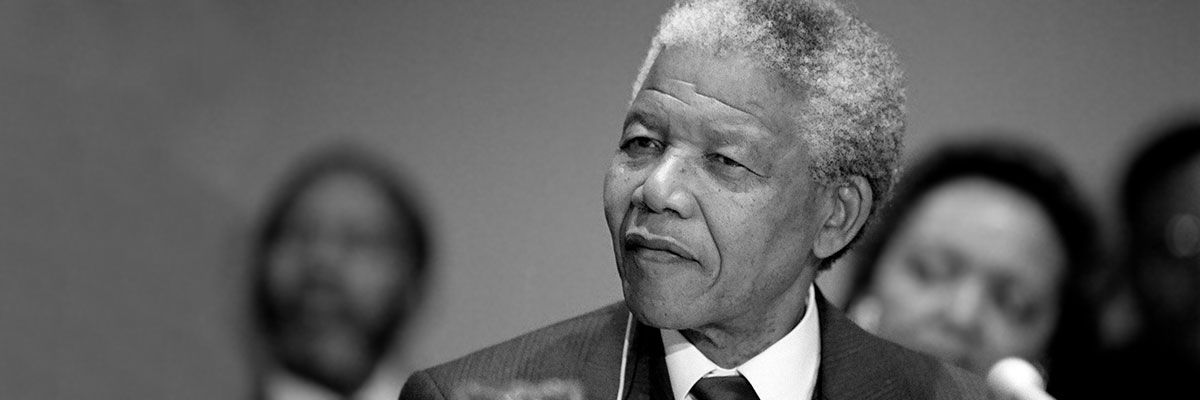
When the Theft of Dignity Becomes the Root of All Evil
There exists a thread that runs through every form of human cruelty, every system of oppression, every act of exploitation. It is not complex or mysterious. It is devastatingly simple: the theft of dignity. When we strip another human being of their inherent worth - their right to look others in the eye, to stand with straightened spine, to claim their place in the human family - we create the conditions for every other evil to flourish.
In Croatian consciousness, justice - pravda - is not merely a legal concept but a cosmic principle. It exists whether courts recognize it or not. It operates whether humans acknowledge it or not. Divine justice, we understand, is the universe's tendency toward balance, toward restoration of what was stolen, toward recognition of inherent human worth. This is not mysticism but observable reality for those willing to see.
The Anatomy of Dignity Theft
Consider how every system of oppression begins with the same move: the declaration that certain humans are less human than others. Racism declares that melanin determines worth. Sexism proclaims that chromosomes define capability. Classism insists that bank accounts measure value. Each ideology, each system of exploitation, must first accomplish this fundamental theft - the removal of inherent dignity from its victims.
This is not accidental but essential to the mechanics of oppression. You cannot enslave those you recognize as fully human. You cannot exploit those whose dignity you acknowledge. You cannot abuse those whose worth you see as equal to your own. The theft of dignity is not a consequence of oppression - it is the necessary precondition.
Watch how this operates in daily life. The employer who treats workers as replaceable units rather than humans with families and dreams. The bureaucrat who sees applicants as case numbers rather than people in need. The system that reduces human complexity to algorithmic decisions. Each small denial of dignity creates space for larger cruelties to take root.
The Croatian Understanding: Dostojanstvo and Divine Justice
In Croatian tradition, dostojanstvo - dignity - is understood as something that cannot truly be taken, only covered or denied recognition. It exists as an unchangeable fact of human existence, written into the very fabric of creation. This understanding transforms how we approach justice. We are not granting dignity to the oppressed - we are recognizing what was always there, removing the false coverings that systems of power have placed over inherent human worth.
This connects directly to our concept of divine justice. Unlike human justice, which can be corrupted, delayed, or denied, divine justice operates on cosmic timescales and through mysterious means. It is the force that ensures that dignity denied will eventually be recognized, that theft of human worth creates debts that must eventually be paid. Not through supernatural intervention but through the natural consequences of violating fundamental human truths.
The civil rights leaders understood this instinctively. When King spoke of the "arc of the moral universe," he was describing what Croatians call božanska pravda - divine justice. When Mandela emerged from prison with dignity intact despite decades of attempted dehumanization, he demonstrated that dostojanstvo cannot be destroyed, only temporarily obscured. When Lewis spoke of "good trouble," he was aligning human action with cosmic justice.
Courage as the Guardian of Dignity
But understanding these truths is insufficient without the courage to act on them. This is where most of us fail. We see dignity being stolen daily - in our workplaces, our communities, our institutions - and we remain silent. We tell ourselves we lack power, that systems are too big, that speaking up would cost too much. In this silence, we become complicit in the theft.
Heroic courage is not the absence of fear but action despite fear. It is the secretary who refuses to implement dehumanizing policies. The teacher who insists on seeing students as individuals rather than test scores. The neighbor who stands between the bully and the bullied. Each act of courage in defense of human dignity creates ripples that extend far beyond the immediate moment.
The absence of such courage explains much of what is wrong with our civilization. We have created systems that efficiently strip dignity from millions while those who operate these systems tell themselves they are merely following procedures, meeting metrics, doing their jobs. The banality of evil lies not in spectacular cruelty but in everyday acquiescence to dignity theft.
Justice as Dignity Restored
True justice, then, is not punishment but restoration. It is the return of stolen dignity, the recognition of denied worth, the rebuilding of human connection based on acknowledged equality. This understanding transforms how we approach social change. We are not seeking to humble the mighty but to restore proper recognition of human worth across all divisions.
This is why retributive justice so often fails to satisfy. Punishing the oppressor without restoring the dignity of the oppressed leaves the fundamental wound unhealed. True justice requires not just accountability for those who steal dignity but active restoration of worth to those from whom it was stolen. This is the deeper meaning of reconciliation - not forgetting wrongs but transforming relationships based on restored recognition of mutual humanity.
The Croatian concept of pravda encompasses both human and divine dimensions. Human justice attempts, however imperfectly, to restore stolen dignity through law and social action. Divine justice ensures that what human systems fail to address does not go unrecognized by the universe itself. This is not passive waiting for cosmic intervention but active participation in the universal tendency toward balance and restoration.
The Personal Becomes Universal
Every individual who has experienced the theft of their dignity knows these truths in their bones. The employee whose ideas are stolen by supervisors. The patient treated as a problem rather than a person. The student whose potential is dismissed based on zip code or accent. The citizen whose voice is ignored by those in power. Each personal experience of dignity theft connects to the universal pattern of oppression.
This is why the fight for dignity cannot be delegated to heroes and historical figures. While we honor King, Mandela, Lewis, and countless others who stood for human worth, we must recognize that the battle for dignity is fought daily in countless small encounters. Each time we insist on seeing the full humanity of another person, each time we refuse to participate in systems that dehumanize, each time we stand up for someone whose dignity is under assault, we participate in the great work of justice.
The Society of Good People: Guardians of Dignity
The Society of Good People exists because we recognize that dignity is not self-protecting. It requires active guardianship by those who understand its value and possess the courage to defend it. This is not about creating new hierarchies or claiming moral superiority. It is about building networks of people committed to recognizing and protecting human worth wherever it is threatened.
This work begins with ourselves. We must examine how we participate in dignity theft, how our comfort depends on others' dehumanization, how our silence enables systems of oppression. Only when we understand our own complicity can we begin the work of transformation. This is not about guilt but about clarity - seeing clearly creates the possibility of acting differently.
The Path Forward: Courage, Dignity, Justice
The path forward is simultaneously simple and demanding. We must cultivate the courage to see dignity where others deny it. We must develop the strength to stand against systems that profit from dehumanization. We must build communities that model what human relationships look like when based on mutual recognition of worth. We must create institutions that protect rather than steal dignity.
This is not utopian dreaming but practical necessity. A civilization that systematically denies human dignity creates the conditions for its own destruction. The violence, addiction, despair, and rage that characterize our current moment are predictable consequences of widespread dignity theft. We cannot address symptoms while ignoring the root cause.
The Croatian understanding offers hope. If dignity cannot be truly destroyed, only covered, then our work is not creation but revelation. We are not granting worth to the worthless but removing false barriers to recognition of inherent value. This transforms the work from impossible to inevitable - truth covered will eventually emerge, dignity denied will eventually be recognized, justice delayed will eventually arrive.
Our choice is whether to align ourselves with this cosmic tendency toward justice or resist it. Whether to be agents of dignity recognition or participants in its theft. Whether to stand with courage when witnessing dehumanization or to remain complicitly silent. These daily choices, multiplied across millions of lives, determine the character of our civilization.
The transformation begins with a simple recognition: every human being possesses inherent worth that no system, no ideology, no power can truly remove. From this recognition flows the courage to act, the commitment to justice, and the possibility of a civilization based on universal human dignity. The divine justice that Croatian wisdom recognizes is not waiting for us somewhere in the future - it is present wherever human beings insist on recognizing the full worth of one another.
This is the work. This is the way. This is why we exist.
